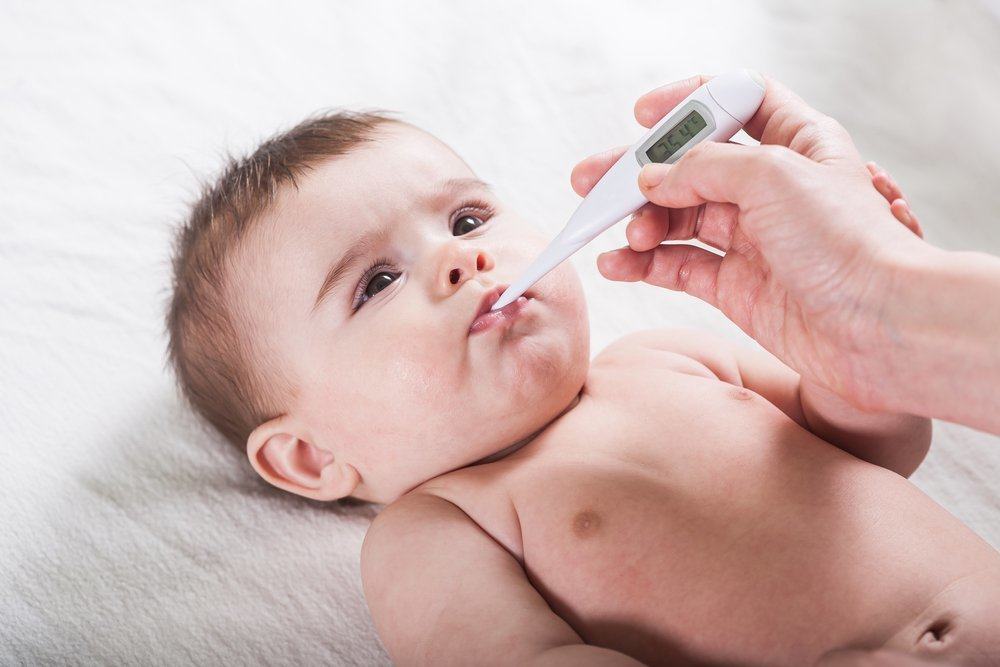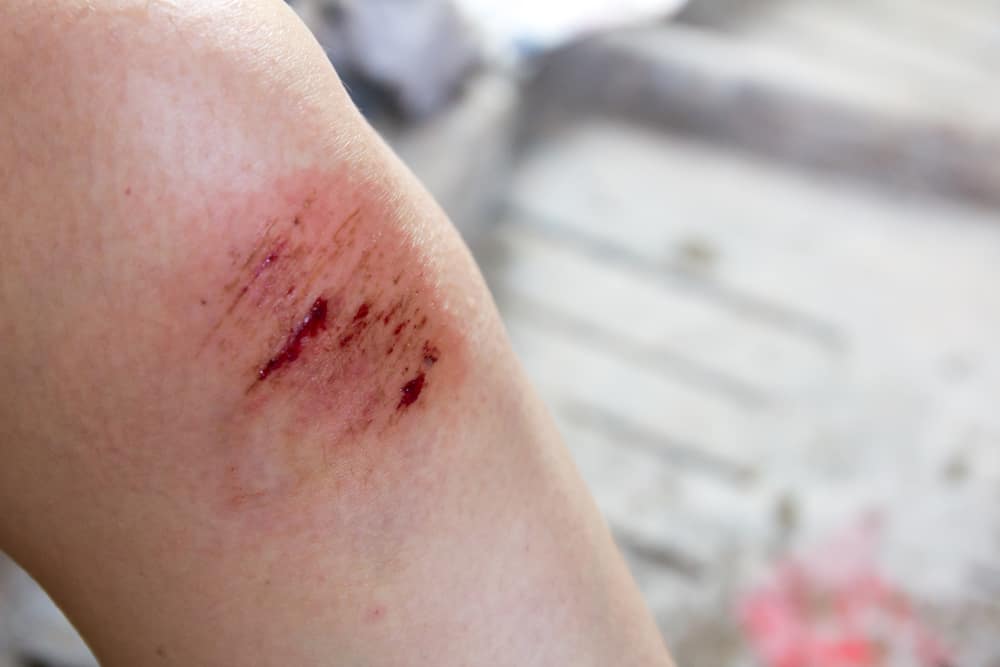Contents:
- Medical Video: Heal your Iron-deficiency Anemia Quickly and without supplements! Food is medicine!
- Why is iron important for toddlers?
- How much iron does a toddler need?
- Babies and toddlers at risk of iron deficiency
- What are the symptoms and signs of iron-deficient toddlers?
- What should I do to prevent iron-deficient babies?
Medical Video: Heal your Iron-deficiency Anemia Quickly and without supplements! Food is medicine!
When toddlers, children need food intake that contains various kinds of nutrients to support their growth and development. One of the important nutrients in this period is iron. Not infrequently toddlers experience iron deficiency due to wrong parenting or even because there are complications during pregnancy. Iron deficiency in children under five can cause serious problems for the growth process later.
Why is iron important for toddlers?
About 70% of the iron in the body that is manifested in hemoglobin is responsible for the transport of oxygen and food reserves in all cells through the blood. Iron in the body is divided into two parts, namely iron which plays a role in the metabolism and function of enzymes, as well as iron as a reserve of the body which is used for food reserves and transportation in the body. It is estimated that two-thirds of iron in the body plays a role in the body's functional processes.
In addition to functioning in the transportation of oxygen and food reserves, iron in the body is also needed in the growth process. Iron is needed in larger quantities when the growth process takes place quickly, namely when babies and teens. Therefore iron deficiency can interfere with a child's growth.
How much iron does a toddler need?
Newborns store iron reserves in their bodies, but still they need extra iron to support their growth and development. Especially when toddlers, who experience a very fast growth process. In accordance with the provisions recommended by the Ministry of Health, iron requirements for children under five are:
- 7 to 11 months, requires at least 6 mg a day
- 1 to 3 years, requires 11 mg of iron per day
- 4 to 6 years, requires 15 mg of iron per day
Babies and toddlers at risk of iron deficiency
Some conditions can cause children to experience iron deficiency, these conditions are:
- Premature babies or low birth weight babies
- Babies who have been given cow's milk when they are under 1 year old
- Babies older than 6 months, who are breastfed but complementary breastmilk food is not good enough and healthy to meet their iron needs.
- Children aged 1 to 5 years who consume cow's milk or soy milk are more than 710 ml. This causes the child's stomach to be filled with milk and does not eat food other than milk which is a source of iron.
- Children under five who experience chronic infectious diseases, such as diarrhea.
- Children who lack or don't even consume meat, as a source of iron.
What are the symptoms and signs of iron-deficient toddlers?
Iron deficiency in the body can make a child's overall abilities and functions disrupted. In cases, almost all iron deficiency causes no symptoms and signs until iron-deficiency anemia occurs. Some symptoms and signs that are often experienced by children:
- Pale skin
- Fatigue or weakness
- Decreased cognitive abilities and social development
- Wounds on the tongue
- Body temperature fluctuates
- Having an infection
Mental, motoric, and behavioral disorders will arise when the child is very iron deficient in the body and causes anemia. According to research conducted by Bayley Scales of Infant Development, babies who are anemic due to iron deficiency have low mental and motoric test scores, are not agile, and do not like to play because they get tired quickly.
What should I do to prevent iron-deficient babies?
Some of these suggestions can help your child experience iron deficiency, namely by:
- Provide children with high iron content, such as beef, beef liver, eggs, spinach, kale, soybeans, peanuts, and various other types of dark green leafy vegetables.
- Conduct an examination while pregnant. Mothers who experience anemia during pregnancy can cause children to be born with iron deficiency conditions.
- Give exclusive breastfeeding to babies because breast milk contains various types of nutrients needed by babies, including iron.
- Do not give too much food or milk to children less than 1 year, because it can replace portions of food sources of iron
- Start giving extra soft food when the baby is more than 6 months old and then solid food when the child is 1 year old. It is better to provide foods of various types, and rich in nutrients.
- Giving food a source of vitamin C to increase iron absorption in the child's body
READ ALSO
- 7 These Super Foods Are Powerful To Improve Children's Nutrition
- Regulating the Balanced Nutrition Diet for Children with Food Allergies
- Diligent Pregnant Women Exercising Gives Birth to Smart Babies












